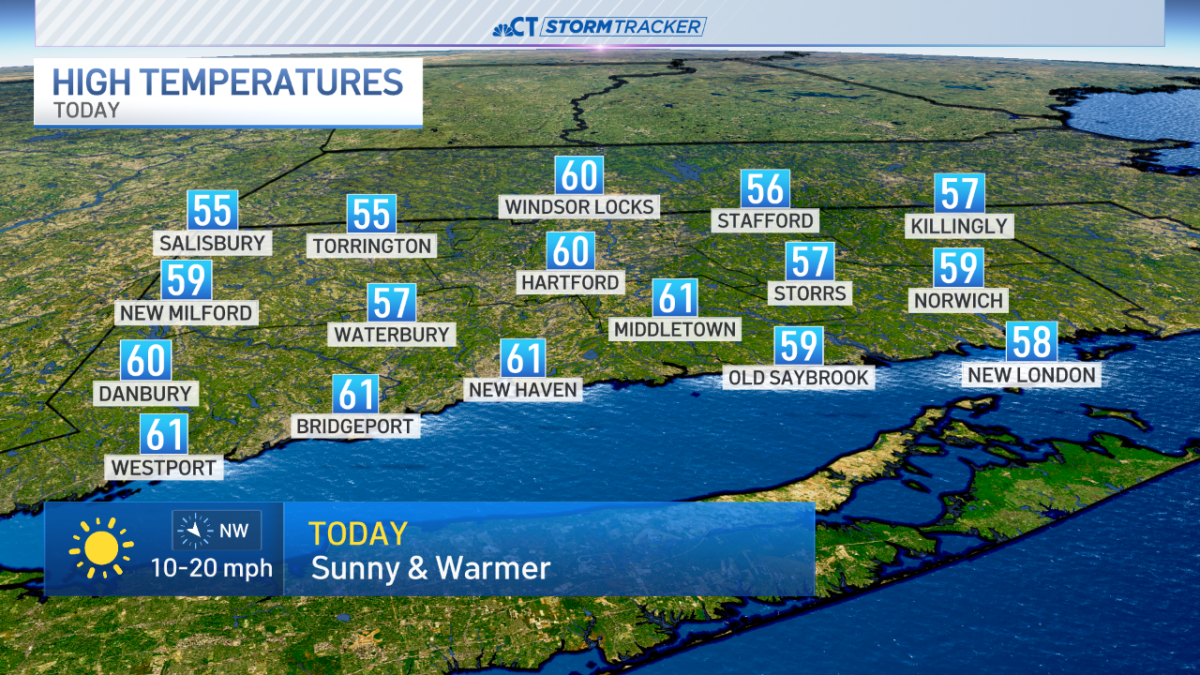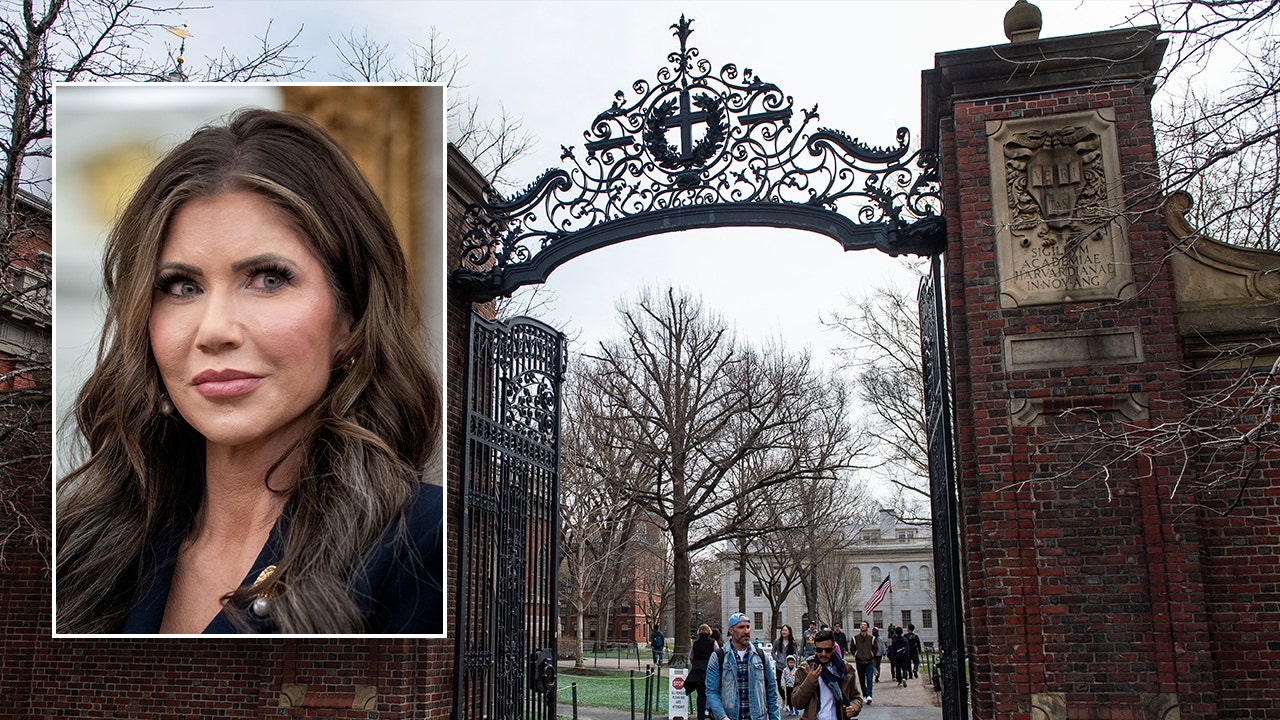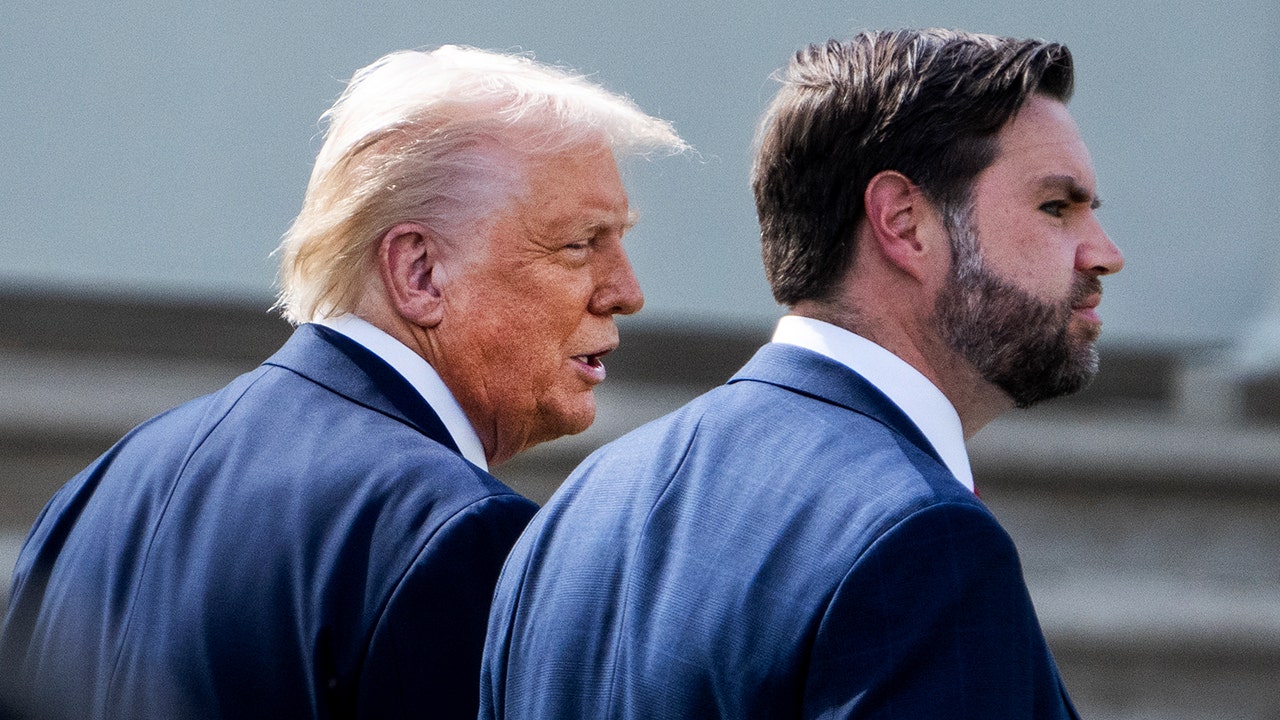Massachusetts
Carlozzi: Tax reform won’t give Mass. competitive edge

While the 15 years it took to complete the infamous $24.3 billion Big Dig project seemed like a lifetime, Massachusetts lawmakers managed to let an inexcusable 20 years pass before implementing meaningful new tax reforms to help state taxpayers and small businesses. Though that timeframe is not as dramatic as the 75-year wait to witness Haley’s comet whiz past, Beacon Hill’s overdue tax reform effort unfortunately will move the needle very little toward the goal of making the Commonwealth more competitive.
In the two years it took Massachusetts lawmakers to finally advance their roughly $1 billion tax package, more than half the nation reduced its income tax rates. Starting in 2021, 26 states opted to lower personal income taxes, including our neighbors in Connecticut, which enacted the largest income tax cut in the state’s history. By contrast, Massachusetts was the only state in the nation to raise income tax rates in 2023, with the newly imposed surcharge on income over $1 million.
This negative shift in tax policy overrode any of the state’s tax reform efforts, resulting in Massachusetts experiencing a dramatic slide in national competitiveness rankings. The Tax Foundation noted Massachusetts slid 12 spots from 34th in tax competitiveness, to 46th place. It seems highly unlikely that the modest reforms included in the recent tax package will be enough to counteract that significant loss in competitiveness.
One aspect of the tax package that did prove beneficial for small businesses was a change in the state’s estate tax threshold. In short, when a business owner dies and passes the business to heirs, they face an immediate tax on an estate valued over $1 million. This tax is also levied on properties over $1 million, important to many homeowners seeing the values of their homes skyrocket in the recent real estate market. The tax reform bill doubled the threshold at which the tax is triggered to $2 million and eliminated the so-called cliff effect. However, Massachusetts is one of only 12 states that actually has an estate tax, and of those states we had the lowest exemption in the nation at $1 million. So, this moves Massachusetts from worst to third worst, outpacing Oregon and Rhode Island. Is this change enough to improve the state’s competitiveness against the vast majority of states that do not have this tax or that have far higher thresholds?
There are elements outside of the recent tax package that also determine whether small businesses in the Commonwealth are in a position to compete both nationally and internationally. Massachusetts faces some of the highest unemployment insurance taxes in the nation and is currently repaying $2.7 billion for pandemic-related layoffs. There is also the outstanding issue of another $2.5 billion that the state erroneously charged to the federal UI program that may need to be repaid. The effort to implement a $20 minimum wage adds to small business fears as many employers have already raised compensation to combat labor shortages. Indeed, higher labor expenses could not come at a worse time as businesses deal with inflation and supply chain problems.
Health care affordability is another major issue for small businesses, which experience some of the highest costs in the United States due to our unique merged market. Business owners often report double-digit premium increases, fewer choices, high deductible plans, and more out of pocket expenses for employers and their workers. Lawmakers must address the ever-rising price tag of health insurance for smaller businesses so they too can offer robust benefit packages and attract applicants to open positions.
Legislators should also tackle rising energy prices, or at the very least, stop implementing policies that further drive up costs. Massachusetts has already authorized select communities to ban the use of natural gas in new buildings, limiting the types of fuels businesses can use to power their operations. The state has also acted to ban the sale of internal combustion engine vehicles in the Commonwealth by 2035, which could prove more expensive for small businesses that require vehicles as well as their workers who need to commute to jobs.
To be frank, if the goal is to truly make Massachusetts more competitive and attract new industries while ensuring the existing ones thrive, lawmakers may want to head back to the drawing board. Competitiveness does not happen within a vacuum, and while Massachusetts churned out this recent tax package, other states were cutting broad-based taxes and improving their economic climates. The only question lawmakers should be asking right now is: what taxes can we cut next?
Christopher Carlozzi is the Massachusetts state director of the National Federation of Independent Business (NFIB)

Massachusetts
Daffodil field in Massachusetts started during World War II no longer a hidden secret

The daffodil field at Parsons Reserve in Dartmouth, Massachusetts is a beautiful spot to visit in the spring. It also has some history behind it.
“The daffodils were planted in the 1940s during World War II. So there was an embargo on bulbs, we couldn’t get bulbs from Europe,” explained Kendra Parker, the Development and Outreach Specialist with the Dartmouth Natural Resources Trust.
“So, Raymond Petty planted daffodils here for sale. So, this was a commercial flower farm. And the war ended and the flowers remained.”
27 varieties of daffodils
Eighty years later, thousands of Petty’s daffodils are still blooming.
There are currently 27 varieties on the property, according to the trust. The nonprofit is currently working to protect more than 5,500 acres in Dartmouth. Before the group acquired Parsons Reserve in the early 2000s, the daffodil field was technically private property and a hidden secret only known to locals. Now, thousands of people visit each spring, and Daffodil Ranger Suzi Bouveron is the one who greets them.
“Acre and a half of happy”
“I love the reaction of people that come. It’s magical. It’s like an acre and a half of happy. People walk up and their faces are just filled with joy,” Bouveron told WBZ-TV.
“It’s really peaceful and serene. You can hear the little babbling brook over there. We love to just sit on the little bridges and just let the time pass, listen to the birds, it’s beautiful to be in nature,” said Dartmouth resident Erica Jimenez.
“The daffodils are my favorite flower. I love trail walks. It’s a really nice way to get some exercise and reconnect with nature,” said Zoe Gortz, who was visiting the daffodil field for her birthday.
The best time to visit the daffodil field is now through the first week of May. The Dartmouth Natural Resources Trust does suggest bringing a $5 donation that goes towards maintaining the field and the trail.
“Everyone is so excited. Its spring in Dartmouth when the flowers are in bloom,” Parker added.
For more information, visit their website.
Massachusetts
Wary of Trump but vowing not to be ‘paralyzed,’ Mass. House leaders unveil $61 billion budget plan – The Boston Globe

Despite the White House’s aggressive moves to slash federal spending, House leaders also said their new budget plan does not build in any direct contingencies for potential cuts to federal aid, which have already come at breakneck speed as Trump implements his second-term agenda.
State Representative Aaron Michlewitz, the chamber’s budget chief, said their plan going forward will involve “monitoring how the situation is in Washington [and] being ready to pivot when necessary.”
“We can’t be paralyzed by the situation that’s taking place in Washington,” Michlewitz said. “We need to still be moving our budget forward, be aggressive in terms of our support for our constituents, and not get caught up, try to keep blinders on and build the best budget with the information that we have.”
House Speaker Ron Mariano told reporters that Trump has begun wreaking “havoc” on programs on which residents rely. The Trump administration, for example, is closing the Boston Head Start office, which administers free care to families in need. The House budget includes $18.5 million in Head Start funds.
“Government can be both fiscally responsible and an agent of good,” the Quincy Democrat said.
The House budget included several items that amounted to the chamber’s first meaningful response to the Trump administration so far, nearly three months into his presidency.
Mariano said the House budget would include a “significant increase” in funding — to $82.5 million, a roughly 7 percent increase from last year — for Attorney General Andrea Campbell’s office, just shy of the total number Campbell requested last month as she’s waged several legal fights against the Trump administration. That amount is $6.8 million more than the $76 million Healey’s January budget would allocate to Campbell, a sum that would be less than what Campbell received during the last fiscal year.
The extra funds are designed “to ensure that AG Campbell can continue to push back against any unconstitutional actions taken by the Trump administration.”
Lawmakers also allocated $5 million to a new immigration legal assistance fund that would be distributed as grants to organizations who assist non-violent offenders. Another $1 million will go to a new gender-affirming care program to community health centers, as the federal government has cut funding to organizations that administer transgender care.
The House also included a measure designed to alleviate Massachusetts’ exorbitant housing costs by ending renter-paid broker’s fees in many situations, which renters typically pay to secure a home or apartment. The House plan would prohibit prospective renters from being charged a broker’s fee if they did not “initiate contact with the broker” during their housing search.
Their proposal comes after Healey included a measure in her own budget requiring the party that hires a broker, usually the landlord, to pay for brokers’ fees, after she said they “should be abolished” in January. The Senate included a similar change in its version of a sweeping housing bill last year, but it failed to make it into the final version of the law passed last July.
The House also allocated $275 million for the state’s emergency shelter system, $50 million less than what Healey’s budget had suggested. It would be far less than the $1 billion the state has committed in total to the program this fiscal year, but, Michlewitz said, reflects the state’s efforts to rein in costs, including instituting a 4,000-family cap starting this December.
The Healey administration said Wednesday that fewer than 5,000 families were in the system as of this week, the first time it’s dipped below that level since the summer of 2023.
The Trump administration has already begun cutting aid tabbed for Massachusetts on several fronts. It has already sought cuts to school aid and health funding, and Healey’s office on Wednesday said the Trump administration canceled another $90 million in disaster prevention aid for Massachusetts communities from the Federal Emergency Management Agency.
Healey said that move “ripped the rug out from under” 18 cities statewide that had planned to upgrade local infrastructure to withstand natural disasters.
Meanwhile, Congress is pursuing a spending blueprint that Democrats and state officials warn could mean deep cuts to Medicaid, through which the state is reimbursed billions of dollars each year for its MassHealth program. In all, the state budget typically leans on roughly $16 billion in federal aid — most of which is tied to health insurance for 2 million Massachusetts residents, including children, low-income families, and those with disabilities.
This is a developing story and will be updated.
Matt Stout can be reached at matt.stout@globe.com. Follow him @mattpstout. Anjali Huynh can be reached at anjali.huynh@globe.com.
Massachusetts
Massachusetts restaurant franchise owners fined for alleged child labor law violations

Watch CBS News
Be the first to know
Get browser notifications for breaking news, live events, and exclusive reporting.
-

 Movie Reviews1 week ago
Movie Reviews1 week agoFilm Review: 'Warfare' is an Immersive and Intense Combat Experience – Awards Radar
-

 News1 week ago
News1 week ago3 Are Killed in Shooting Near Fredericksburg, Va., Authorities Say
-

 Health1 week ago
Health1 week agoAs RFK Jr. Champions Chronic Disease Prevention, Key Research Is Cut
-

 News1 week ago
News1 week agoBoris Johnson Has Run-In With Feisty Ostrich During Texas Trip
-

 World1 week ago
World1 week agoEPP boss Weber fells 'privileged' to be targeted by billboard campaign
-

 Technology1 week ago
Technology1 week agoMeta got caught gaming AI benchmarks
-

 World1 week ago
World1 week agoDR Congo repatriates three US citizens convicted over failed coup
-

 News1 week ago
News1 week agoTrump Asks Supreme Court to Let Him Fire Agencies’ Leaders





















